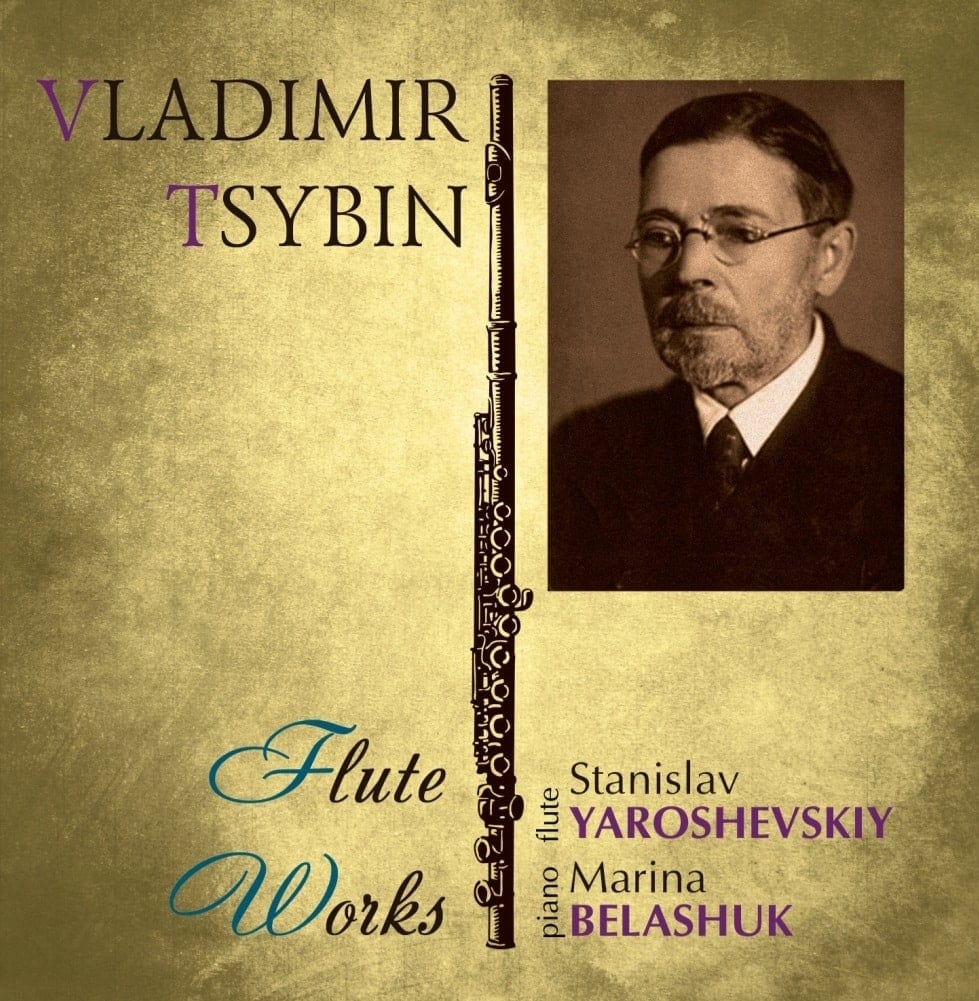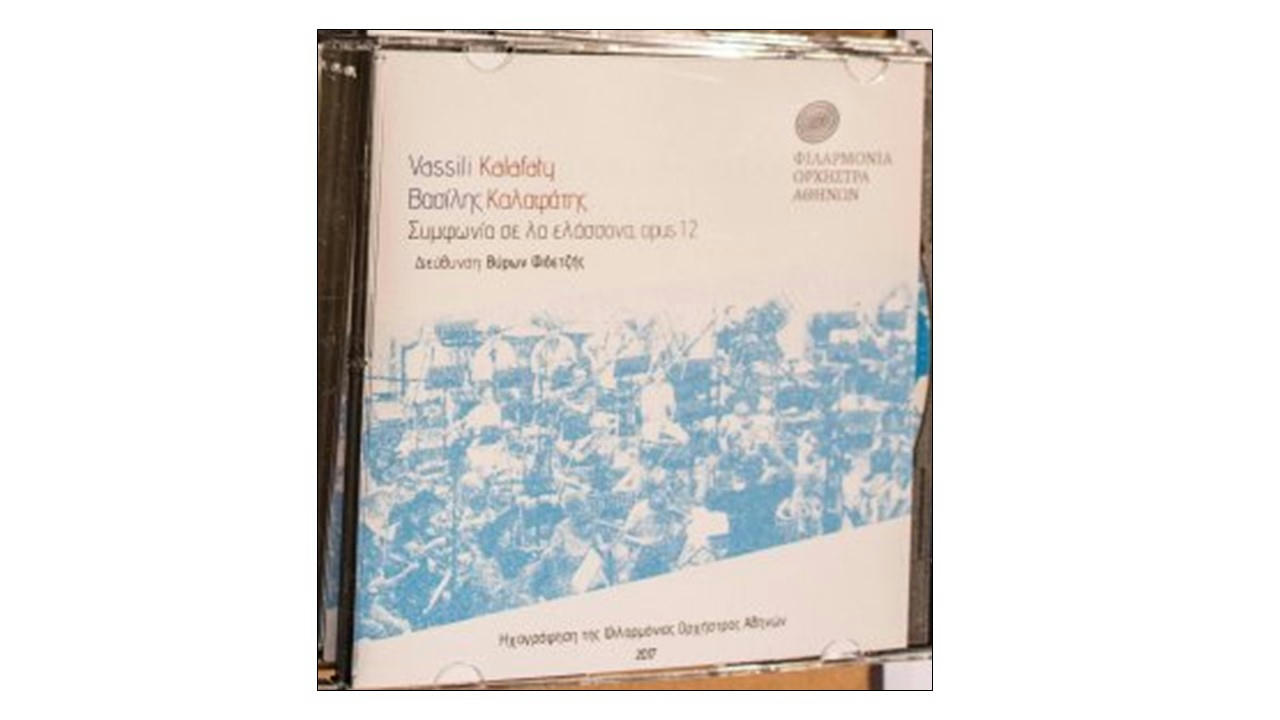The Ukrainian Festival Orchestra & Ukrainian Festival Choir conducted by Ivan Ostapovych recorded and posted up two operas in 2021 by Porphyry Bazhansky:
https://www.youtube.com/watch?v=AkQy4lKpTdU - Dovbush
https://www.youtube.com/watch?v=6knnUVmgd60 - Bila Tsyganka (= The White Gypsy Girl)
Wikipedia pages on the composer (none in English)
https://uk.wikipedia.org/wiki/Бажанський_Порфирій_Іванович - Ukrainian
https://ru.wikipedia.org/wiki/Баженский,_Порфирий_Иванович - Russian
http://www.encyclopediaofukraine.com/display.asp?linkpath=pages%5CB%5CA%5CBazhanskyPorfyrii.htm
Bazhansky, Porfyrii [Бажанський, Порфирій; ; Bažans'kyj, Porfyrij], b 24 February 1836 in Beleluia, Sniatyn county, Galicia, d 29 December 1920 in Lviv. Self-taught composer, folklorist, music theorist, and Ukrainian Catholic priest. Bazhansky received his music education at the Greek Catholic Theological Seminary in Lviv. He collected folk songs, some of which he published or used in his compositions. Among his works are 'folk' melodramatic operas, church music (1869), music for mixed choirs, and two song collections: Halyts'ko-bukovyns'ki narodni melodiï (Galician-Bukovynian Folk Melodies, 1890–1906) and Rus'ko-halyts'ki narodni melodiï (Ruthenian-Galician Folk Melodies, 1905–12). He wrote articles on melodies and harmony and collected and arranged folk songs, in which he utilized Mykola Dyletsky's unpublished writings.
https://www.youtube.com/watch?v=AkQy4lKpTdU - Dovbush
https://www.youtube.com/watch?v=6knnUVmgd60 - Bila Tsyganka (= The White Gypsy Girl)
Wikipedia pages on the composer (none in English)
https://uk.wikipedia.org/wiki/Бажанський_Порфирій_Іванович - Ukrainian
https://ru.wikipedia.org/wiki/Баженский,_Порфирий_Иванович - Russian
http://www.encyclopediaofukraine.com/display.asp?linkpath=pages%5CB%5CA%5CBazhanskyPorfyrii.htm
Bazhansky, Porfyrii [Бажанський, Порфирій; ; Bažans'kyj, Porfyrij], b 24 February 1836 in Beleluia, Sniatyn county, Galicia, d 29 December 1920 in Lviv. Self-taught composer, folklorist, music theorist, and Ukrainian Catholic priest. Bazhansky received his music education at the Greek Catholic Theological Seminary in Lviv. He collected folk songs, some of which he published or used in his compositions. Among his works are 'folk' melodramatic operas, church music (1869), music for mixed choirs, and two song collections: Halyts'ko-bukovyns'ki narodni melodiï (Galician-Bukovynian Folk Melodies, 1890–1906) and Rus'ko-halyts'ki narodni melodiï (Ruthenian-Galician Folk Melodies, 1905–12). He wrote articles on melodies and harmony and collected and arranged folk songs, in which he utilized Mykola Dyletsky's unpublished writings.



 - a legacy of when it was a major production and trading hub for rubber.
- a legacy of when it was a major production and trading hub for rubber.